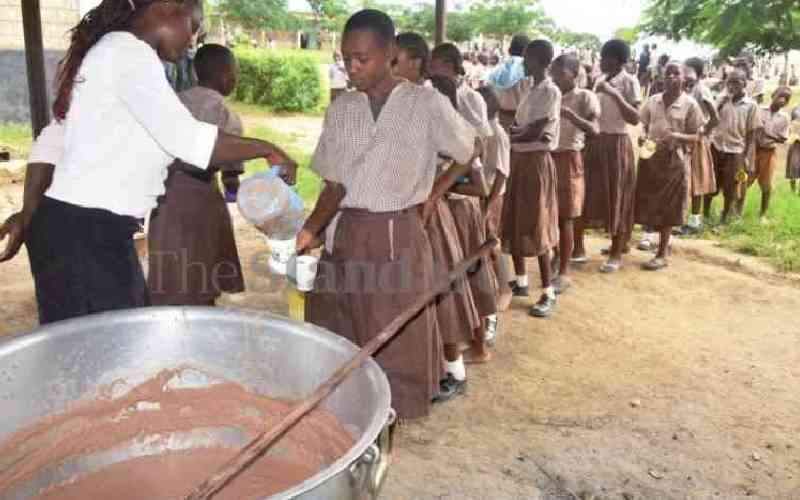×
The Standard e-Paper
Kenya’s Boldest Voice

The fate of millions of children who rely on school feeding programme now hangs in the balance.
This is after the National Treasury withdrew Sh4.9 billion allocated towards the programme.